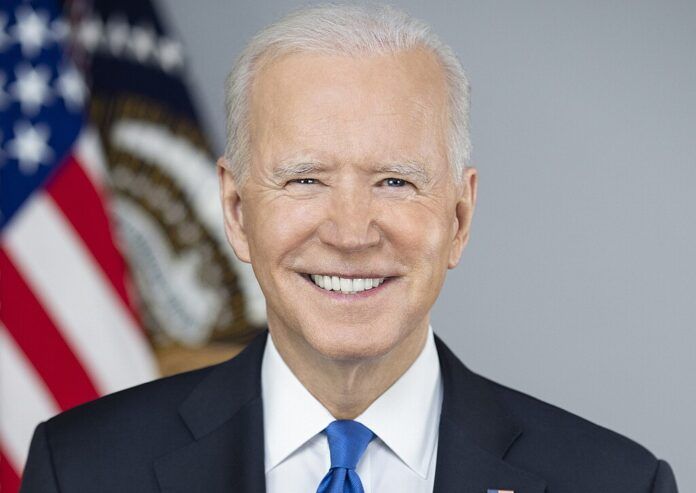President Joe Biden ends his reelection bid, endorsing Vice President Kamala Harris, who now receives backing from top democrats and significant financial support despite trailing in the polls
In a surprising turn of events, President Joe Biden has withdrawn from the 2024 presidential race, bowing to relentless pressure from within his party. Biden announced his decision on Sunday, endorsing Vice President Kamala Harris as his successor. This decision marks a significant shift in the political landscape as Harris steps into the spotlight as a potential historic nominee.
President Biden, addressing the nation later this week, stated that he would complete his current term but would not seek reelection. He expressed his confidence in Vice President Harris, highlighting her dedication and leadership qualities. Biden’s withdrawal has opened the door for Harris to make her bid for the presidency, aiming to become the first Black woman and the first Asian American to lead the ticket of a major political party.
Embed from Getty ImagesKamala Harris, expressing her gratitude for Biden’s endorsement, vowed to “earn and win” the nomination. She acknowledged the historic nature of her candidacy and the significant responsibility it entails. In a strategic move, the Biden-Harris campaign amended its filings with the Federal Election Commission, renaming its principal committee to declare Harris a candidate for president. This change grants her access to the campaign funds accumulated during Biden’s campaign, providing a crucial financial boost.
Despite this support, Harris faces a challenging road ahead. She is currently polling behind former President Donald Trump, who has been quick to capitalize on Biden’s exit. In a phone call with CNN, Trump criticized Biden, calling him “the worst president by far in the history of our country.” Trump also used the opportunity to issue a fundraising appeal to his supporters, aiming to bolster his campaign.
The Democratic Party now finds itself at a crossroads. While Biden’s endorsement carries weight, it remains uncertain whether Harris will secure the nomination. There is speculation about the party’s next steps in selecting a candidate. Additionally, sources close to Senator Joe Manchin, an independent from West Virginia, suggest he is contemplating re-registering as a Democrat and entering the race. This potential development adds another layer of complexity to the already dynamic political landscape.
As the situation unfolds, the Democratic Party and its supporters are rallying behind Harris. Top Democrats have voiced their support, and donations to her campaign have surged since Biden’s announcement. Harris’s campaign is gaining momentum, but the path to the nomination and the presidency is fraught with challenges, both from within her party and from external opponents.
Analysis:
Political Perspective:
Biden’s withdrawal and endorsement of Harris significantly impact the political dynamics of the 2024 presidential race. Domestically, this move reflects the internal pressures within the Democratic Party and the strategic considerations in choosing a viable candidate to face the Republican contender, likely Donald Trump. Harris’s candidacy introduces a fresh narrative and could mobilize key demographics, but it also presents risks given her current polling numbers.
Social Perspective:
Socially, Harris’s potential nomination is monumental. As the first Black woman and first Asian American to lead a major party ticket, her candidacy resonates with diverse communities and symbolizes progress in American politics. It also reignites discussions about representation and inclusion, potentially energizing minority voters and social justice advocates.
Racial Perspective:
Harris’s historic candidacy highlights the racial dimensions of American politics. Her ascent represents a break from traditional racial barriers in political leadership, challenging systemic biases. However, it also brings to the forefront the persistent racial divisions and prejudices in society, which could influence voter behaviour and campaign strategies.
Gender Perspective:
From a gender perspective, Harris’s bid for the presidency underscores the ongoing struggle for gender equality in politics. Her candidacy challenges the gender norms that have historically marginalized women in political leadership. It also emphasizes the importance of addressing issues such as gender-based discrimination and the need for policies that support women’s rights and empowerment.
Economic Perspective:
Economically, the transition from Biden to Harris could impact campaign fundraising and economic policies. Harris’s access to the Biden-Harris campaign funds ensures financial stability for her campaign, but her policy proposals and economic vision will be scrutinized by voters and stakeholders. Her stance on economic issues will play a crucial role in shaping her campaign and attracting support from various economic sectors.
